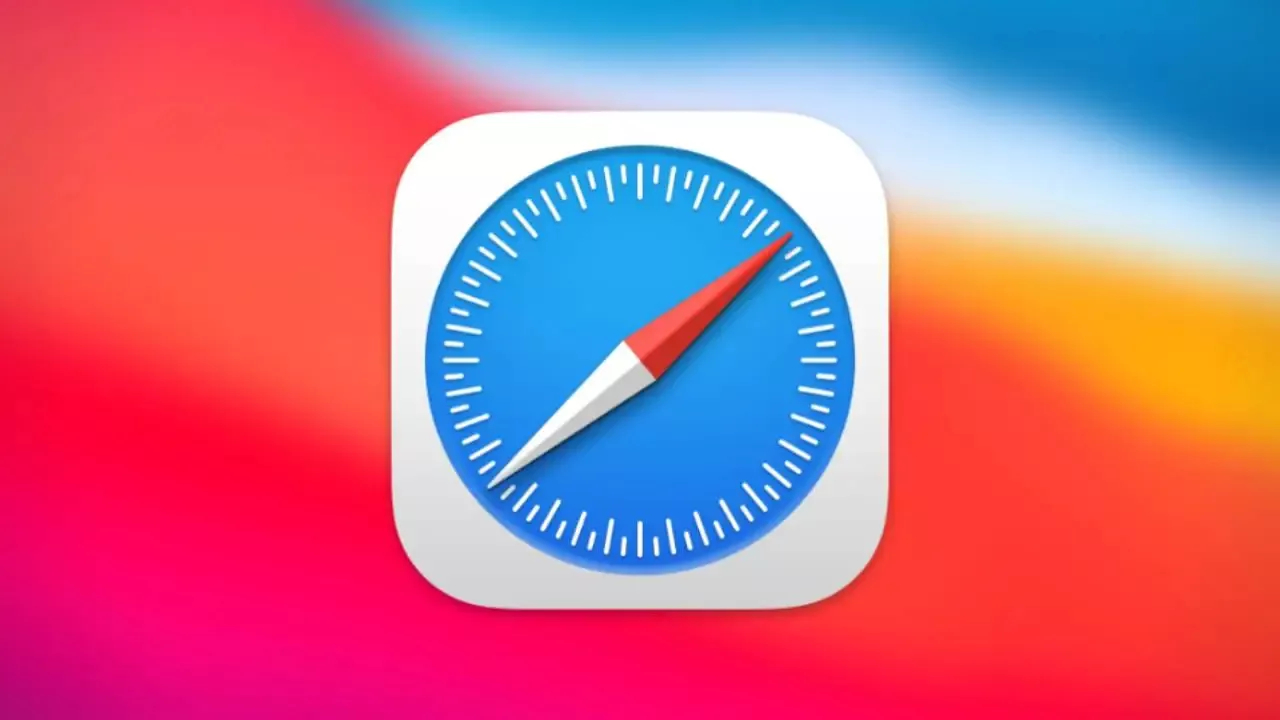Apple says Safari browser is “the best way to experience the internet on all your Apple devices” (via Apple). It comes pre-installed on macOS and iOS and is the default browser on both operating systems. Here are five reasons why you might want to try out another browser on your Mac.
Reasons to stop using Safari browser
There are valid reasons to stop using Safari and switch to an alternative browser such as Chrome or Firefox. It’s hard to argue that Safari should be a browser for anyone who doesn’t use a Mac device. But even for dedicated Mac users, there are reasons to use other browsers.
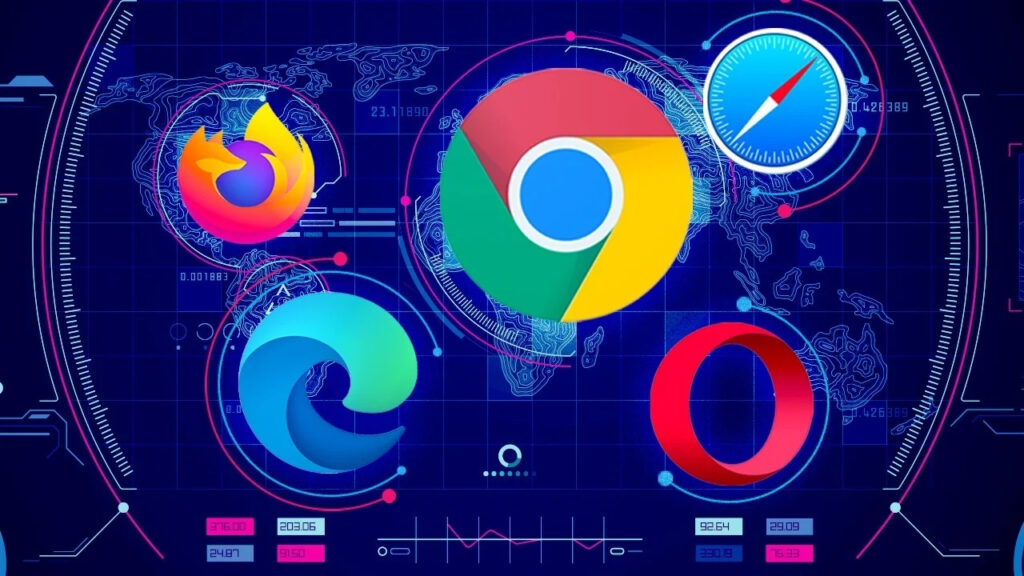
Limited extensions
Apple states that extensions are a great way to extend the functionality of your browser. With extensions, you can check your grammar as you type, save passwords for future use, save while shopping, and more. An extension can bring new features to the browser or add support for external services. Both Safari for Mac and Safari for iOS support extensions.
If you want to significantly expand the functionality of your browser, Safari is far from the best browser so unfortunately you will be disappointed. You can open the Mac App Store or the iOS app store and browse through all the available extensions. Both browsers only have a limited number of extensions in their application libraries, unlike Chrome and Firefox.
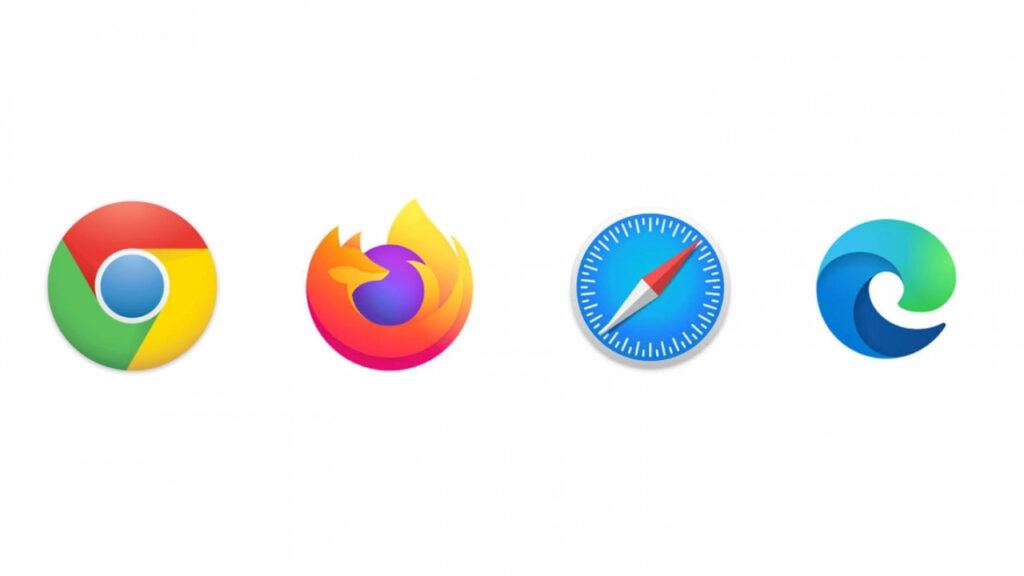
Safari browser syncs between Apple devices only
Apple has worked for years to seamlessly integrate the Mac platform with iOS devices. For starters, both bookmarks and open tabs on your Mac will appear on your iOS device and vice versa. This is just the tip of the iceberg. With Handoff, you can answer incoming phone calls and text messages on your Mac. You can also copy a text snippet to your Mac and paste it to your iPhone.
Although convenient, this sharing only works if you stick with Apple devices. If you’re outside of Apple and using an Android phone or Windows PC, you’re out of luck. As noted on the Handoff page, you cannot use Safari to access data such as bookmarks and history on non-Apple devices.
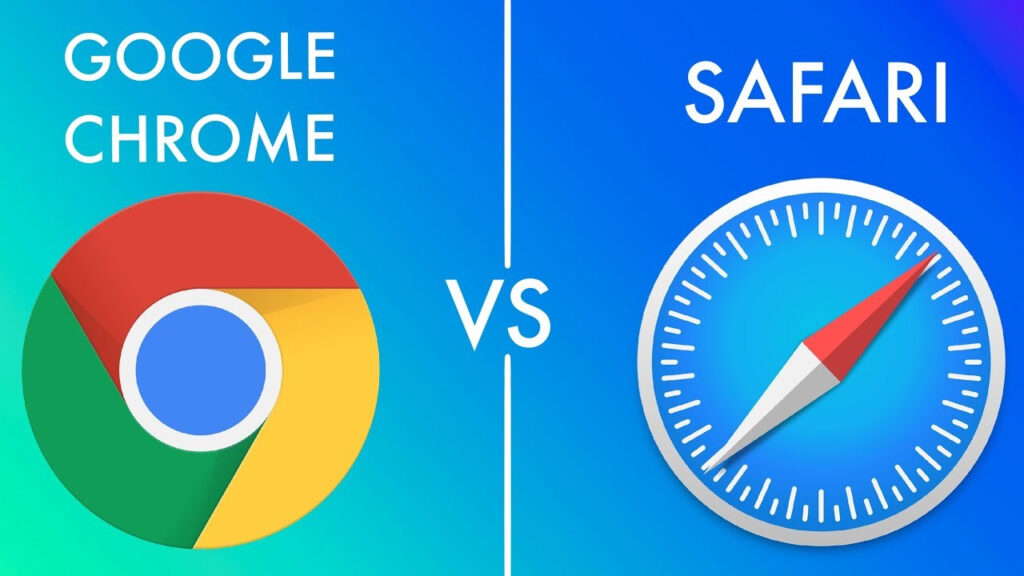
Performance
Safari is the fastest browser on Mac, but Google Chrome and Opera are not far behind in terms of speed. In a recent test by PC Magazine, Apple’s Safari browser scored 119 in the Jetstream 2 test, placing ita at the top of the list.
But this speed is only expected on a Mac device. Also, what’s the point of speed if the apps and sites you want to use aren’t using their full potential? Yes, you sacrifice some speed, but in return you get the increased compatibility and extensibility of Chrome or features like the built-in VPN in Opera.
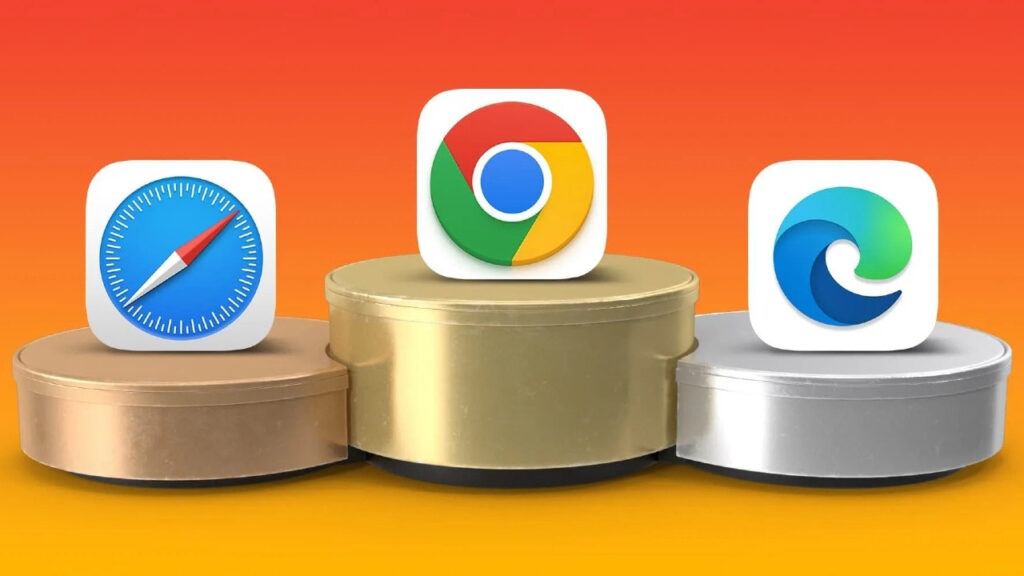
No themes in Safari browser
Safari has a nice, easy-to-use interface. Yes, you can change the tool and favorites bar or create a custom start page, but you can’t go any further. You cannot easily change the entire look and layout of the browser window as with competing browsers.
Specifically, Chrome supports themes that will change the look of browser windows by adding a new background image, changing the colors to your preference, and changing the style of menu items (via Digital Trends).
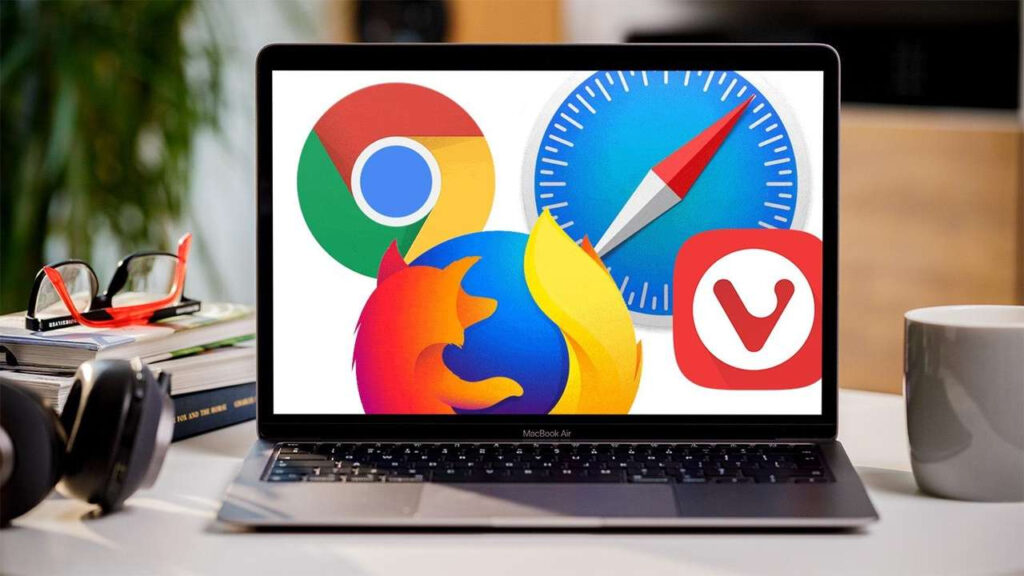
Less frequent updates
Apple is known for its slow pace of development when it comes to web browser. The company usually releases Safari updates along with iOS or macOS updates. These updates are released monthly, or sometimes just every few months.
Some of these updates add new features, but most are quick bug fixes or security patches. If you want a cutting-edge browser that adapts extremely quickly to technology and security threats, you may need to look into alternative browsers such as Microsoft Edge, Firefox, or Chrome.


